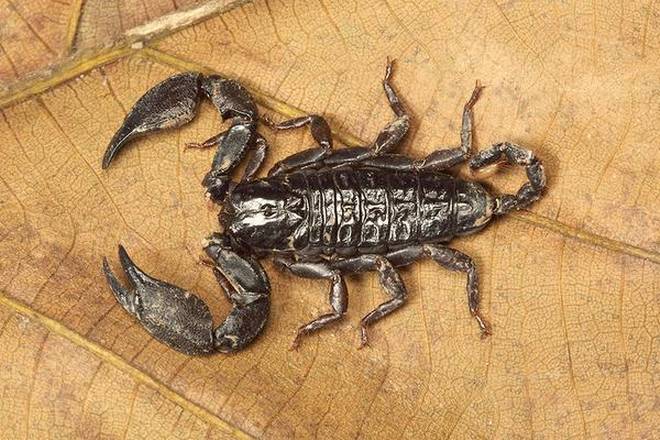Innovative Drug Formulation Offers New Hope for Scorpion Sting Patients
Scorpion envenomation is a life-threatening problem in many parts of the world, and the Indian red scorpion (Mesobuthus tamulus) is among the most dangerous scorpions globally. Current treatment primarily relies on equine anti-scorpion antivenom (ASA) administered intravenously. However, this treatment has limitations due to a low proportion of venom-specific antibodies and the risk of adverse reactions.
To address this critical issue, scientists from the Institute of Advanced Study in Science and Technology (IASST) and Tezpur University, along with researchers from NIELIT, Guwahati, have developed an innovative therapeutic drug formulation (TDF). This TDF, composed of low doses of commercial ASA, α1-adrenoreceptor agonist (AAAs), and vitamin C, aims to inhibit Indian red scorpion venom-induced toxicity and its associated symptoms.
The Scorpion Envenomation Challenge
The Indian red scorpion is known for its life-threatening sting, which can be fatal if not promptly treated. Intravenous administration of equine anti-scorpion antivenom (ASA), specifically raised against M. tamulus venom (MTV), is the current standard treatment for scorpion stings. However, its effectiveness is hindered by the low proportion of venom-specific antibodies, especially against low molecular mass channel toxins. This limitation leads to the need for high antivenom doses, increasing the risk of adverse reactions in patients. The complexity of scorpion envenomation necessitates extensive research and alternative therapeutic approaches.
Conventional Treatment with α1-Adrenoreceptor Agonists
In addition to ASA, α1-adrenoreceptor agonists (AAAs) such as Prazosin are conventionally used, either alone or in combination with commercial ASA, for the treatment of scorpion sting patients. However, this therapy has proven less effective and is associated with certain limitations.
A Novel Therapeutic Approach
To address the challenges posed by scorpion envenomation treatment, a team of scientists from IASST, Tezpur University, and NIELIT, Guwahati, has developed a novel therapeutic drug formulation (TDF). This innovative approach combines low doses of commercial ASA, AAAs, and vitamin C to counteract Indian red scorpion venom-induced toxicity and its associated symptoms.
Testing the Efficacy
Before moving to in vivo animal models, the researchers first tested the efficacy of the drug on Caenorhabditis elegans, a free-living nematode model, as an alternative to traditional animal testing. The results of their research were recently published in the journal Toxins, and an Indian patent has been filed for this groundbreaking drug formulation.
Promising Results
The study demonstrated the efficacy of the TDF. It efficiently neutralized Indian red scorpion venom, preventing an increase in blood glucose levels, organ tissue damage, necrosis, and pulmonary edema in Wistar rats. Importantly, the TDF outperformed commercial ASA, AAAs, and vitamin C in its ability to mitigate the effects of scorpion venom.
Month: Current Affairs - November, 2023
Category: Science & Technology Current Affairs








